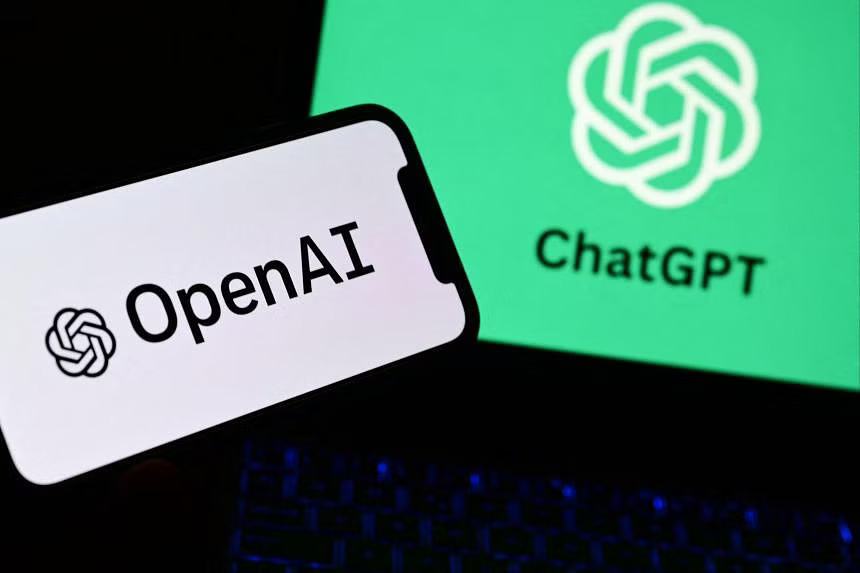OpenAI, the company behind the development of ChatGPT, is reportedly planning to create its own AI chips and considering potential acquisitions, as per a Reuters report. OpenAI’s CEO, Sam Altman, had previously cited a shortage of GPUs as a reason for user concerns regarding the speed and reliability of the company’s API. This has led to a focus on acquiring more AI chips.
Developing its own AI chips is expected to address the GPU shortage issue and potentially help control the costs associated with running its products. Each request for ChatGPT reportedly costs around 4 cents, as analyzed by Stacy Rasgon from Bernstein Research.
ChatGPT has already Reached 100 Million Monthly Users
It’s worth noting that ChatGPT has already reached 100 million monthly users within its first two months, indicating millions of requests daily, although the service experienced a loss of users for the first time in July.
Rasgon explained that if ChatGPT’s demand were to reach one-tenth of Google’s, initially, it would require $48.1 billion worth of GPUs and spend $16 billion annually on chips in the future.
At present, NVIDIA dominates the market for chips used in AI applications. For example, Microsoft’s supercomputer used by OpenAI for developing its technology relies on 10,000 NVIDIA GPUs. This is why other companies, particularly major players in the tech industry, have started developing their own chips.
Microsoft, OpenAI’s biggest supporter, has been working on its AI chips since 2019, according to The Information. This product is code-named Athena, and OpenAI has reportedly been testing its technology.
OpenAI hasn’t yet decided whether it will proceed with its plans, and even if they choose to move forward, it might be years before they can begin using their own chips to power their products.
The Race to Develop AI Chips
The quest for developing custom AI chips is a growing trend in the tech industry. Major companies and startups alike are investing heavily in creating specialized hardware that can accelerate AI and machine learning tasks. These chips are designed to outperform traditional CPUs and GPUs in AI-specific workloads, making AI applications faster and more efficient.
The motivation behind developing custom AI chips stems from the increasing demand for AI and machine learning in various industries. From autonomous vehicles to healthcare, AI is becoming an integral part of many technologies. Companies are striving to enhance the capabilities of AI systems and reduce their reliance on third-party hardware providers.
The Challenges of Building Custom AI Chips
Creating custom AI chips is no small task and requires substantial resources, expertise, and time. It involves designing hardware specifically optimized for AI workloads, which may include deep learning, neural networks, and natural language processing. These chips need to handle massive amounts of data and perform complex computations efficiently.
Companies also need to consider the software and tools required to harness the full potential of their custom AI chips. Developing a complete ecosystem that includes hardware, software, and developer support is crucial for the successful adoption of these chips.
Additionally, ensuring that custom AI chips are cost-effective and energy-efficient is a significant challenge. Traditional data centers rely on massive clusters of GPUs, so creating chips that can match or outperform these setups while consuming less power is a considerable undertaking.
The Potential Impact of OpenAI’s Custom AI Chips
If OpenAI decides to go ahead with its plans to develop custom AI chips, it could have a significant impact on the AI industry. OpenAI’s projects, like ChatGPT, have already gained widespread attention and use. Having dedicated hardware to power these AI systems could lead to improved performance, lower operating costs, and enhanced scalability.
This move by OpenAI also aligns with a broader trend in the tech industry, where major players are striving for more control over the hardware and technology that powers their AI solutions. By developing its own chips, OpenAI can further tailor its offerings to meet the specific needs of its AI models and applications.
Conclusion
In conclusion, the tech industry’s push to develop custom AI chips signifies a growing emphasis on AI and machine learning technologies. OpenAI’s potential entry into this arena could not only benefit the company but also contribute to advancements in AI hardware and its broader adoption across various sectors.
However, the challenges are significant, and success in this endeavor will depend on OpenAI’s ability to effectively design, develop, and integrate its custom AI chips into its existing ecosystem.
